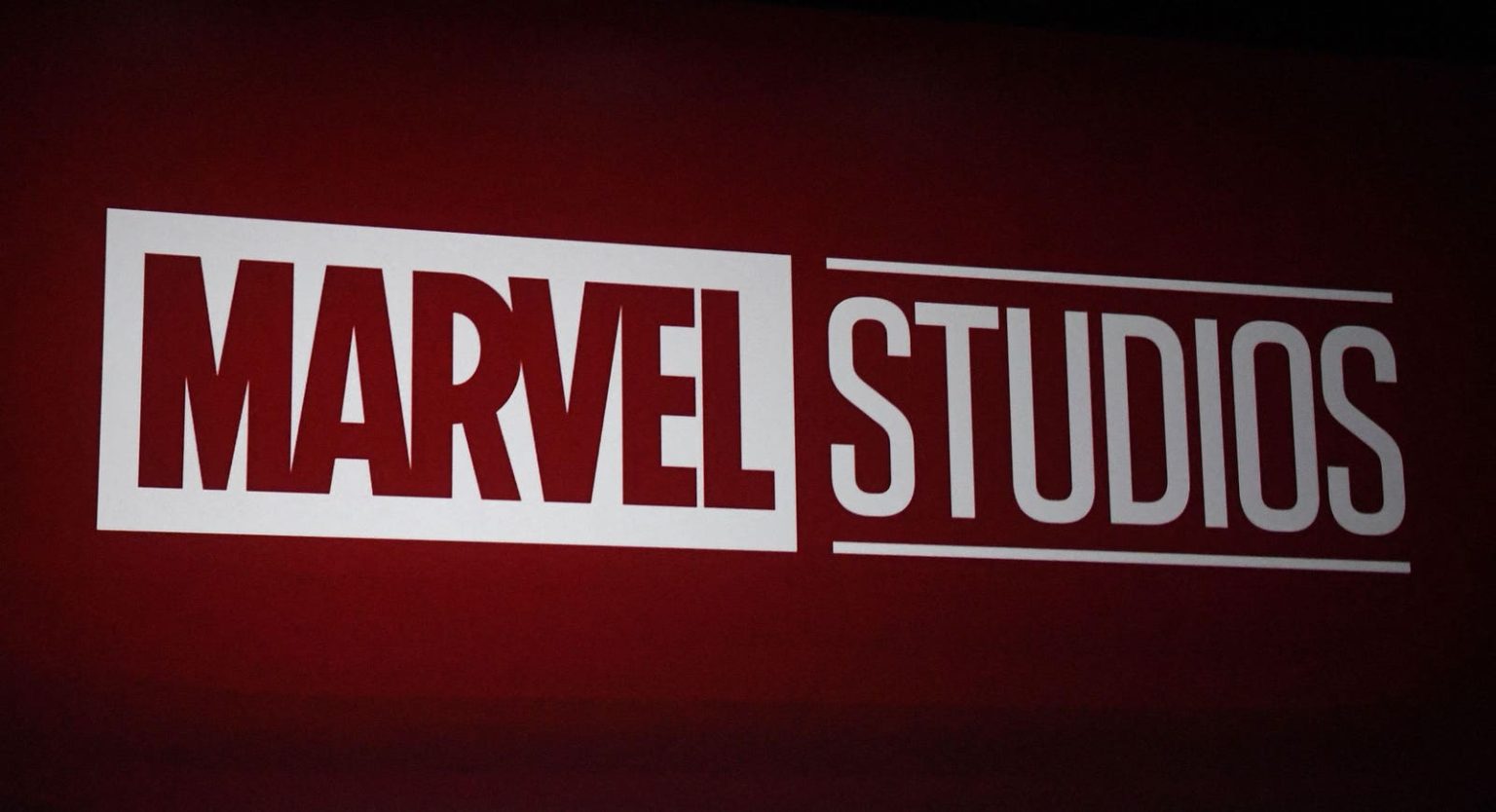Just five years ago Marvel Studios could do no wrong. The Disney-owned studio had released a string of 22 hits based on comic book characters culminating in 2019’s Avengers: Endgame, which reeled in $2.8 billion at the box office making it the highest-grossing film in history. However, as the saying goes, the bigger they are, the harder they fall.
Even the punching power of Marvel’s biggest stars wasn’t enough to save the studio from the clutches of the pandemic. It initially looked like Marvel had a secret weapon in the form of the Disney+ streaming platform which, coincidentally, launched a matter of months before Covid-19 began spreading around the world.
Subscriber numbers soared as the world went into lockdown leaving millions of consumers stuck indoors flush with furlough cash to spend on streaming services. Marvel had a head start as Disney had been planning its streaming content long before the onset of the pandemic. It began with the Emmy award-winning Wandavision show which tied directly into the events of the Marvel Cinematic Universe (MCU) movies.
Inter-connected plot lines had long been a strength of the MCU as fans had to watch all of the movies to keep up with the story. However, this soon contributed to the downfall of the franchise as Disney commissioned a swathe of streaming content in a bid to dethrone Netflix as the most popular platform. By the time the majority of this content came on stream the pandemic had receded and consumers headed back to the office. It gave them less time to watch television and less money to subscribe to streaming services as the cost of living surged to cover the spending on furlough payments.
It led to a glut of content, including a series of seemingly unnecessary sequels. There were soon so many productions that it became hard to keep up with them all and when one was missed it started a vicious circle as fans became reluctant to watch the next in case they didn’t understand it. That was just the start.
A great deal of production work was done remotely during the pandemic so it was tougher for Disney to keep a lid on leaks and entire plots of many Marvel movies appeared online long before their theatrical release. This wouldn’t have mattered so much if the movies had been dream tickets. However, in order to produce so much content, Marvel had to mine the depths of its archives which led to the development of shows and movies based on obscure characters that many fans didn’t care about.
A case in point is 2021’s Eternals which is named after a team of human-looking aliens from the planet Olympia who were supposedly genetically engineered to be perfect and had been hiding on earth for centuries. So the story goes, they have been locked in a war with the villainous Deviants for thousands of years even though they both have the same creator – a powerful ancient race known as the Celestials.
Perhaps unsurprisingly given this convoluted plot, Eternals didn’t appeal to critics and was the first Marvel movie to be rated ‘Rotten’ on review aggregator Rotten Tomatoes. Even die-hard fans disliked it and the movie grossed less than almost all of its MCU predecessors with takings of just $402.1 million according to industry analyst Box Office Mojo. Marvel received around half of that, leaving Eternals with a loss at the box office as we revealed.
It was the start of a downward trend which hit top speed last year with a series of productions which all had a similar sci-fi feel suggesting that Marvel had run out of ideas. It began in February with Ant-Man and the Wasp: Quantumania which was set in an alien world and earned the unfortunate milestone of being Marvel’s lowest-rated sequel on Rotten Tomatoes with a critics score of just 46%.
Then came Secret Invasion, a streaming show about a group of green shape-shifting aliens which had infiltrated the government. As we revealed, it cost a staggering $211.6 million to make but suffered the ignominy of its finale scoring just 7% on Rotten Tomatoes making it the single lowest-rated episode of any Marvel streaming series.
Marvel ended up making so many shows and movies that it became tough to maintain quality standards across all of them. It didn’t escape the attention of Disney’s chief executive Bob Iger.
“Quantity, in our case, diluted quality and Marvel has suffered greatly from that,” he said at The New York Times’ DealBook Summit in November last year. He had one particular movie in mind.
Astonishingly, Iger strongly censured his own executives for failing to provide enough oversight on last year’s movie The Marvels, yet another sci-fi superhero flick. Sequel to 2019 smash hit Captain Marvel, it is largely set in space and features a trio of female heroes who take on an alien antagonist played by British actress Zawe Ashton. It was a movie with a message though, as we recently reported, its diversity in front of the camera was not reflected behind the scenes.
Fans weren’t taken in and The Marvels ended up earning just $206.1 million making it the lowest-grossing MCU movie. Disney only ended up with around half of the takings as theaters typically retain 50% of the box office. Iger didn’t hide his disappointment for the dire performance of the movie and although he rebuked his executives for it, he said they had an excuse.
“The Marvels was shot during Covid,” he said at the DealBook Summit. “There wasn’t as much supervision on the set, so to speak, where we have executives there, really looking over what’s being done day after day after day.”
As the movie was made in the United Kingdom, the Disney production company behind it had to file financial statements showing how much it cost to make. The filings reveal that the net spending on the movie hit $221.7 million (£177.4 million) by September 30, 2022 meaning that the movie made a $118.6 million loss at the box office. That looks likely to increase as the movie was released 13 months after the date of the financial statements.
As the graph below shows, The Marvels has already burned up the biggest loss of all of the 12 Marvel movies made in the UK. Indeed, it is believed to be the biggest loss ever made by an MCU movie and is so large that it comes to almost as much as Marvel’s net spending on 2011’s Captain America: The First Avenger.
Quantumania also made a loss which came to $39.3 million based on its total costs two months before its release. Likewise, the loss made by Eternals stands at $61.1 million and when combined with the red ink from The Marvels‘ it brings the deficit from these three movies alone to $219 million.
In contrast, before Covid cast a dark spell on Marvel’s plans, every movie it made in the UK turned a profit. Since the onset of the pandemic only one has been profitable – Doctor Strange in the Multiverse of Madness. It made a $127.3 million profit at the 2022 box office which is respectable but still far, far away from the top performers Endgame and its prequel, Avengers: Infinity War. They were made by the same production company and yielded $1.2 billion of profit, bringing the total profits generated by the Marvel movies made in the UK to a staggering $2.1 billion.
It doesn’t look like this bottom line will be weighed down by another Captain Marvel movie as a sequel to The Marvels has reportedly been shelved. In November Iger admitted that Disney had “made too many” sequels that hadn’t been well received by fans and critics.
“Often, the story is not as strong as the original story. That can be a problem but it just has to have a reason. You have to have a reason to make it beyond commerce,” he said. “There has to be an artistic reason to make it, and we’ve made too many.” Given that more than half of the Marvel movies currently in production are sequels it remains to be seen whether the studio has done enough to leave its troubles behind.
Read the full article here





